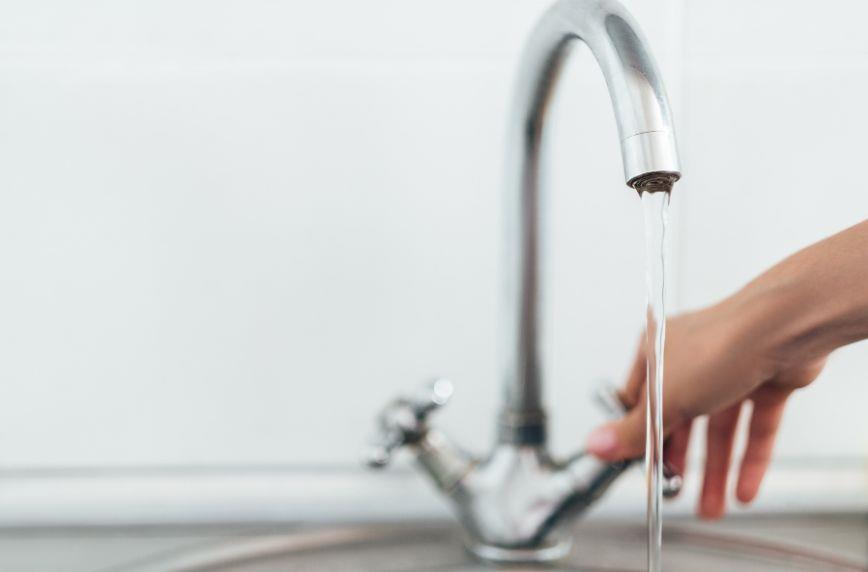What To Know Before Buying a House With Well Water


If the idea of owning a house with well water springs to mind, let’s dive into the details. Before making that significant investment, you must understand the perks and potential pitfalls of having a private water supply. Before buying a house with well water, read on to learn what to know first.
The Quality of the Water
One common issue with well water is its quality. If you buy an off-grid or recently renovated home with a well system, you should check its quality. Unlike municipal water, which is treated and regulated, well water is more susceptible to contaminants.
Before saying yes to a home purchase, you should get the water tested to ensure it’s safe. If the quality is acceptable, you might still consider selecting a water treatment system for your home, such as a well water conditioner. This can further enhance the quality and safety of your home’s water supply.
The Well’s Condition and Age
The water isn’t the only thing losing quality over time; the well does too. A well could age like a fine whiskey, but it needs TLC, especially since the original pipework can break down. The age and condition of a well impact water quality and the home’s safety. Older wells might not meet current construction standards, leading to higher contamination risks. Therefore, it’s essential to get a professional well inspection before purchasing a house with a private well.
Maintenance and Ongoing Costs
Owning a well means you’re responsible for its maintenance. Before buying the home, research well upkeep. The upkeep tasks could include replacing filters, testing water quality, and routine sanitation.
Pay attention to the well’s life expectancy; most can last up to 50 years, and some last up to 100. The best way to ensure ongoing maintenance is to create a schedule and factor in the costs of each task, such as repairs and buying a water softener. Also, set aside funds for replacement parts when necessary.
Capacity and Flow Rate
A well’s flow rate and capacity could tell how much water it provides over a given period. Consider how much water your family consumes and compare this with the well’s capacity. You can also hire a professional to determine your well’s output levels.
Local Regulations and Permits
Familiarizing yourself with local regulations for private wells helps you understand what permits are necessary and which rules you need to follow when using the well. You might need permits for drilling, altering, and sealing wells. Also, some locations have water use restrictions during dry seasons. Understanding and following these regulations help you avoid potential legal issues.
Ensure you understand everything you need to know before buying a home with well water. Start researching, testing, and understanding the maintenance before investing. Taking these steps helps prepare you for owning a home with a private well.
